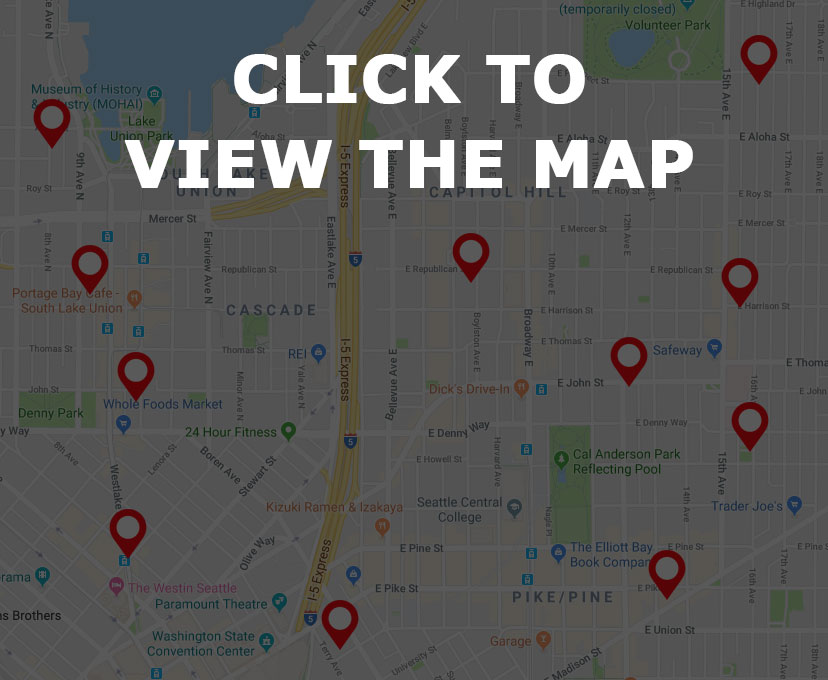Pulmonologist Near Me
Suffering from asthma? How about bronchitis? If you find yourself saddled with either of these conditions on a regular basis, it may be time to contact pulmonologist. Pulmonology is a specialized area of medicine that focuses entirely on the health of the respiratory system. A pulmonologist treats everything from asthma and bronchitis to tuberculosis and pneumonia. The respiratory system includes all of the organs that help you breath. This includes the airway, the lungs, and respiratory muscles.
Ready to find a qualified pulmonologist near me? Simply browse pulmonologist near me on the map below and find a list of qualified pulmonologists in your area .Need a bit more information on pulmonology? Read on for facts, information, and more!
Pulmonologist Near Me – Find it on the Map
Pulmonologist Near Me – Pulmonologist Trivia
What is a pulmonologist?
When suffering from issues such as asthma- it can be tempting to just muddle through, take over the counter drugs, and see a primary care physician. While all of these things can work depending on the severity of your condition- certain types of respiratory illnesses truly require the help of a pulmonologist. What is a pulmonologist? Consider these great facts as you search pulmonologist near me. A pulmonologist is trained to diagnose and treat any condition that may affect the respiratory system in both men and women, as well as young children. Pulmonologists generally have expertise in the following respiratory disorders:
-Structural
-Infectious
-Inflammatory
-Autoimmune
-Neoplastic
Sometimes, the role of a pulmonologist also extends to the cardiovascular system. Conditions such as pulmonary vascular disease can first affect the respiratory system before going on to interfere with other organs in the body. A pulmonologist can either work in their own office or as a part of a practice. Some also choose to work in hospital settings or in intensive care units. If you suspect you may need a pulmonologist, start by seeking out a referral from your primary care doctor. This can help point you in the right direction and will alleviate any insurance concerns should you have an HMO.

A pulmonologist is all about treating ailments of the respiratory system.
How do you become a pulmonologist?
Like any specialized type of doctor, becoming a pulmonologist takes years of training and education. In order to become a full blown pulmonologist, a doctor must first complete a general internal medicine residency before going on to complete additional training that focuses only the respiratory system. Because of this diverse training, a pulmonologist can easily diagnose and treat a variety of illnesses. Many pulmonologists also choose to train in critical care medicine to offer patients a dual speciality. The training, in total, lasts around two to three years past medical school. While not a requirement, many pulmonologists also choose to pass a board certification exam. This is designed to demonstrate their dedication and expertise in the field. Individuals suffering from cystic fibrosis, lung cancer, emphysema, sleep apnea, tuberculous, and obstructive pulmonary disease may benefit from seeing a pulmonologist. Considering a career in pulmonology? Serach pulmonologist near me and discover what it takes!
Pulmonologist Near Me – Pulmonologist Facts
What is asthma?
One of the most common reasons that people seek the care of a pulmonologist is to deal with asthma related symptoms. Asthma is a chronic inflammatory lung disease that can affect people from all ages and walks of life life. Most commonly, asthma occurs in children, but it can affect adults as well. People who suffer from asthma have reactive airways. This means that the airways of the respiratory system will narrow, tighten and inflame in response to triggers. Common triggers include pet dander, pollen, cigarette smoke, and physical activity. While most folks have no problem managing asthma symptoms on their own, some are prone to asthma attacks. Asthma attacks include coughing, wheezing, shortness of breath, and tightness of the chest.Treatment for asthma is possible, but it will include long-term control medicines that are designed to help manage the disease and quick relief rescue medicines to help treat flare ups. If you’re searching pulmonologist near me, you may suffer from asthma or know someone who does. If you’ve found that your asthma is affecting your everyday life, it might be time to make that appointment today.
What procedures do pulmonologist use?
In order to properly diagnose patients, pulmonologists use many different testing procedures to help pinpoint a cause and offer up a treatment plan. Tests commonly used by pulmonologists include:
-CT Scan: Key in getting very detailed images of the bones, muscles, fat organs, and blood vessels.
-Chest fluoroscopy: This is an x-ray test that is performed to see just how well your lungs are functioning.
-Chest ultrasound; Used to examine the organs and other chest structures.
-Pleural Biopsy: A test that’s designed to remove a small tissue sample from the pleura, a membrane surrounding the lungs.
-Pulmonary function test: A breathing test that determines just how well your lungs are working.
-Pulse oximetry test: Aids in determining the oxygen saturation level in your blood.
-Thoracentesis: A test to remove and ample the fluid that is from and around your lungs.
-Bronchoscopy: A commonly used test that helps examine the airway and determine if you have an issues in the throat, larynx, lower airways, and trachea
-Sleep study: Key in diagnosing sleep disorders.












